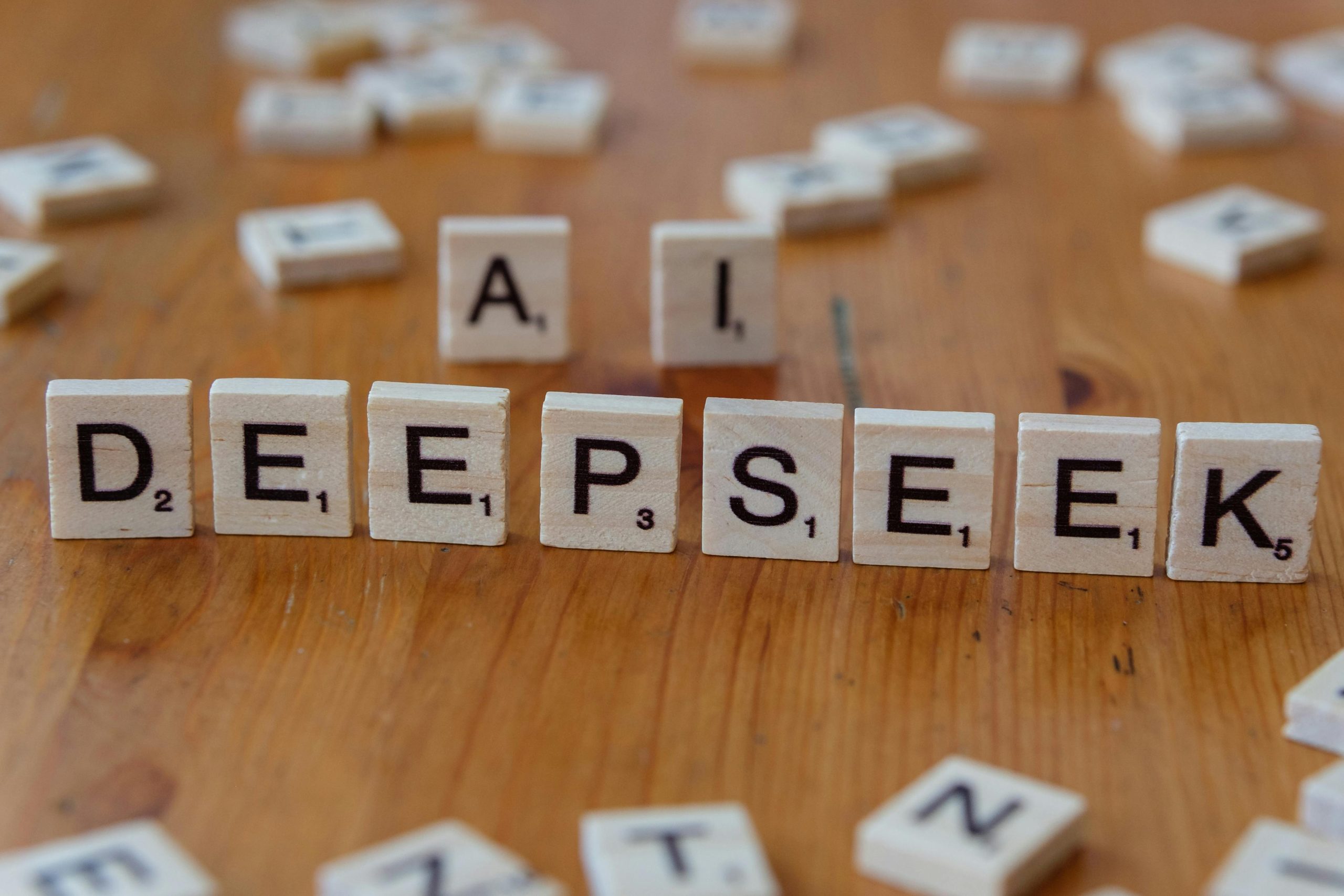AI Isn’t Replacing Jobs—It’s Revealing How Many Roles Were Simply Middleman Positions
Understanding the Impact of AI on Employment: A Shift in Perspective
In recent discussions surrounding artificial intelligence, a common narrative emerges: “AI is taking our jobs.” However, a deeper examination unearthed a more nuanced understanding. The reality is that AI isn’t necessarily eliminating jobs; rather, it’s revealing the inherent nature of various roles that often serve as intermediaries.
Many positions in the workforce have historically revolved around handling mundane tasks—processing paperwork, forwarding emails, or acting as a liaison between decision-makers. These jobs, while essential, often lack depth and are susceptible to automation. As AI technology advances and becomes more capable of managing these tasks efficiently, it raises an important question: Are we simply witnessing a shift in the landscape of work rather than a wholesale job loss?
What we might really be grappling with isn’t the fear of AI itself, but rather an acknowledgment of the realities of our professional landscape. The advent of AI encourages us to confront the truth about the evolving nature of work and the roles we play within organizations. Instead of viewing AI as an adversary, this could be an opportunity for individuals and businesses to reassess the value and purpose of their contributions in a changing environment.
In conclusion, while the integration of AI may disrupt traditional job roles, it also presents a chance for innovation and reevaluation of human work. Embracing this technology could lead us toward more meaningful and impactful employment opportunities, steering us away from roles that merely serve as pathways for information. It’s time we shift our narrative around AI and see it as a catalyst for growth and transformation within the workforce.














Post Comment